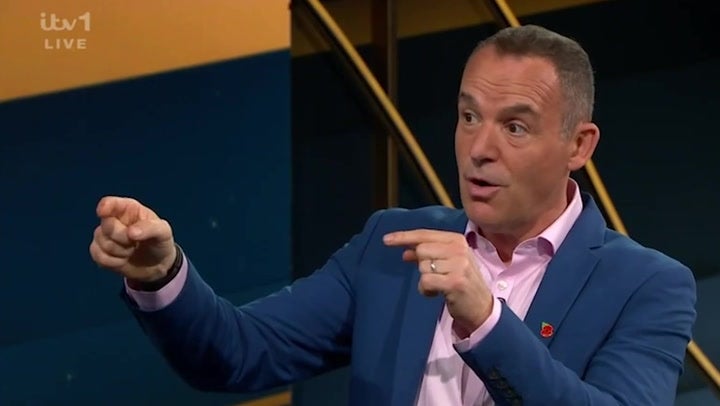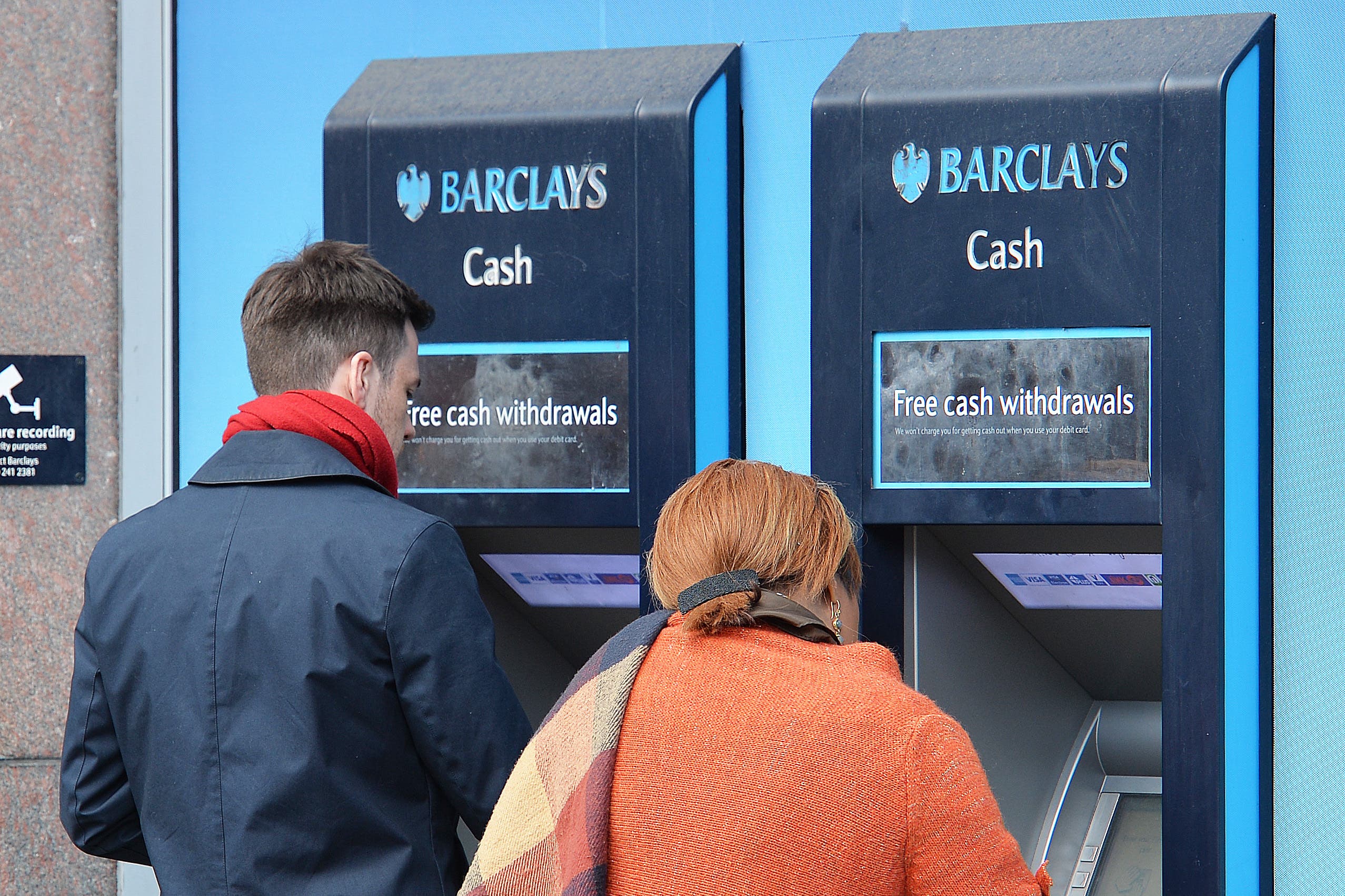Martin Lewis has shared his advice for credit card holders to save thousands with a simple cost-cutting switch. The money expert says by getting hold of a ‘balance transfer credit card,’ the amount of interest on debt that’s being paid off can be slashed for massive savings.
Savers can take advantage of this easy trick by opening a new card to pay off debt on old credit and store cards, but must ensure they apply specifically for a 0 per cent balance transfer.
The service will shift all the debt from one or more cards to another, so it is owed instead, but will cut the interest the holder is paying on it to zero. This means the existing debt can be paid off faster as repayments will go entirely on reducing the amount and not on paying interest.
Offered by several major lenders, balance transfers let savers transfer debt from one provider to another. It should be noted that most 0 per cent offers will only last for a limited time, and there will usually be a small fee for the transfer. However, this can easily pay itself off in the savings made, Mr Lewis explains.

Speaking on ITV’s The Martin Lewis Money Show Live in February he said: “It’s absolutely the crucial weapon. I want to really break it down for you. Let’s imagine you have £2,300 worth of debt, one on a Stalecard and one on a Rottencard, both at relatively high rates of interest.
“So what do you do? Well you apply for a new card that’s got a specific balance transfer deal to shift the debt. Here we go. The new card. We’ll call it the Martcard. Hey, why not? It’s 31 months at 0 per cent. You’ve got a £2,000 credit limit. So what do you do? Well, the first thing is you look at the most expensive debt. That’s the one growing quickest.
“That’s the one you want to get rid of. And you say, ‘Please pay the debt off that one.’ And that’s what the balance transfer is. There we go. The new card pays off the debt on the old card. So you now no longer owe it. It’s debts gone down to £0 and you now owe £1,400 pounds, but at 0 per cent for 31 months.”
This means you would be paying around £46 a month for 31 months. But at a typical 24 per cent interest rate, you would have been paying the exact same amount just to cover the interest.
However, because balance transfers only let you add 90 per cent of the credit limit – £1,800 in Mr Lewis’ example – there would still be £500 left on the high-interest card. But the cost of paying this off monthly would have dropped from £46 to just £10.

“So if we think of it, roughly your average before was around 23 or 24 per cent APR on £2,300 debt, about £600 a year interest you were paying, now that’s all interest-free. You got only £500 debt on there. So that’s what, just over £100. That’s £500 of interest saved, which means far more of your money is clearing the actual debt rather than just paying the interest. And that gets you debt free quicker. That’s why balance transfers are so important.”
There are currently many different deals on offer from several lenders. Barclaycard offers a deal at 0 per cent up 32 months with a 3.45 per cent fee, while Tesco Bank offers 18 months with a 0.99 per cent fee. In most cases, if a balance transfer isn’t requested at application, the card holder will have 60 to 90 days to ask for one.
Mr Lewis says there are some ‘golden rules’ to follow when applying for a balance transfer credit card. Firstly, the holder should be sure to never miss the minimum monthly repayment, as this could void the 0 per cent deal.
It’s also advisable to check that you will be able to pay off the card before the offer ends, as the rate will usually rocket up to a high interest. “If you’re not sure, just go long,” the money expert says, “have a longer 0 per cent, play safe.”
Spending or withdrawing cash is also not recommended, as this is unlikely to be a good rate. But ‘rule number one’, is to protect your credit history. An unsuccessful application can have a negative impact on your credit file, so it’s best to check that you’re eligible first.
Mr Lewis advises using the eligibility calculator on his Money Saving Expert website to find out how likely you are to secure any credit card that you may be interested in.
When investing, your capital is at risk and you may get back less than invested. Past performance doesn’t guarantee future results.
Source link
 Unews World
Unews World
